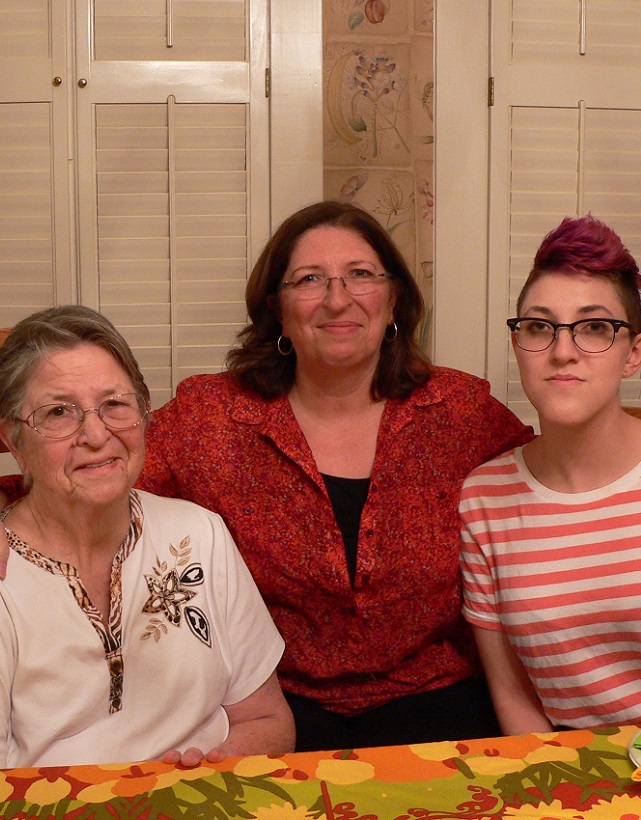PHI’s CHDS Produces Special Issue of “Reproductive Toxicology” on Pregnancy Exposure and Breast Cancer
Highlights

By exploring the relationship between exposures in pregnancy to the risk of breast cancer in mothers and their daughters, PHI's Child Health and Development Studies is helping to find a path to preventing breast cancer in future generations.
15 articles & commentaries in the Spring 2020 issue of "Reproductive Toxicology," on the connections to pregnancy exposures and breast cancer risk for mothers and their daughters
-
Focus Areas
Chronic Disease Prevention, Environmental Health, Women, Youth & Children -
Issues
Cancer -
Expertise
Outreach & Dissemination, Research – Quantitative
PHI’s Child Health and Development Studies (CHDS) researchers and collaborators have produced a special issue of the journal, Reproductive Toxicology, co-edited by Barbara Cohn, CHDS Director, and Mary Beth Terry, Mailman School of Public Health, Columbia University.
This special issue, released in the spring of 2020, is comprised of 13 articles and two distinguished commentaries on the relation of exposures in pregnancy to the risk of breast cancer in mothers and their daughters. These two-generation CHDS studies are unique, cover incident breast cancer in relation to legacy and current environmental chemicals (including PFASs), widespread current contaminants, epigenomic consequences, the role of the placenta, and impact of environmental chemicals on breast density and related experimental toxicology and metabolome-wide association studies.
This special issue includes a commentary titled CHDS: A National Treasure that Keeps on Giving, by Suzanne Fenton, Group Leader, Reproductive Endocrinology, National Institute of Environmental Health Sciences, and Linda Birnbaum, Director Emeritus, National Institute of Environmental Health Sciences, and a forward by Marion Kavanaugh Lynch, Director of the California Breast Cancer Research Program.
This body of research firmly establishes the importance of ancestral environmental exposures in the occurrence of breast cancer and provides a new look at prevention opportunities based on biomarkers of exposure and public policy to protect mothers during pregnancy and thus their daughters before birth.
Work With Us
You change the world. We do the rest. Explore fiscal sponsorship at PHI.
Support Us
Together, we can accelerate our response to public health’s most critical issues.
Find Employment
Begin your career at the Public Health Institute.
